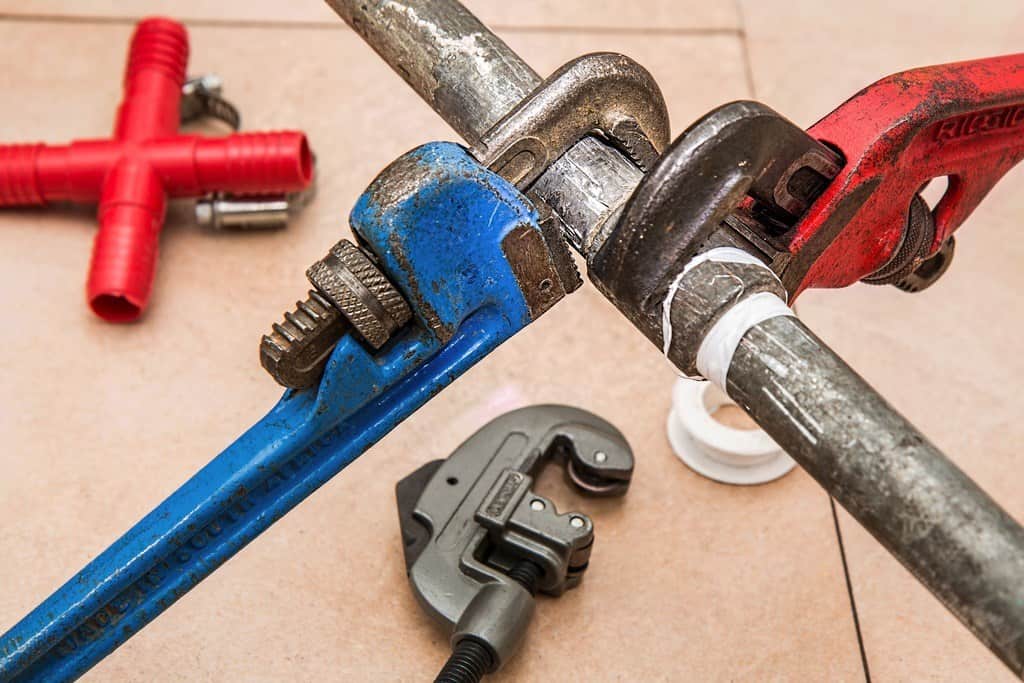7 月 . 23, 2024 14:26 Back to list
Understanding the Significance of ERW Steel Pipe and Its Manufacturing Processes in the Industry
Understanding ERW Steel Pipes and Their Significance in Manufacturing
ERW steel pipes, or Electric Resistance Welded steel pipes, have become a crucial element in various industries, especially in construction, oil and gas, and water supply. Their unique manufacturing process and properties make them a preferred choice for many applications. This article explores what ERW steel pipes are, their manufacturing process, and the significant role they play in modern industry.
What is ERW Steel Pipe?
ERW steel pipes are produced from strips of steel that are welded along the length of the pipe. The electric resistance in the name refers to the method used to create the weld. In this process, the edges of the steel strip are heated to a high temperature using electrical resistance, thereby allowing them to fuse together once they are pressed. This method results in a strong and seamless pipe that is reliable for a variety of applications.
The Manufacturing Process
The manufacturing of ERW steel pipes involves several steps. Initially, steel coils are processed and cut into specific widths. These strips are then passed through rollers that shape them into a tubular form. As the edges are brought together, an electric current is passed through them, generating heat through resistance. This heat is sufficient to melt the edges of the steel, allowing them to bond under pressure.
Following the welding process, the pipes undergo various quality control checks, including dimensional checks, weld inspections, and testing for physical and mechanical properties. After passing these tests, the pipes are subjected to a finishing process that may include annealing, pickling, and coating to enhance their durability and corrosion resistance.
erw steel pipe meaning factories

Applications and Benefits
ERW steel pipes are utilized in a wide range of applications. One of their most common uses is in the oil and gas industry, where they are employed to transport hydrocarbons over long distances. Their robust structure can withstand high pressures and harsh environments, making them suitable for this purpose.
In construction, ERW steel pipes are often used for structural applications, such as in building frameworks, scaffolding, and fencing. Their lightweight yet strong composition makes them ideal for these uses, providing both flexibility and stability.
Another notable application is in the transportation of water. ERW pipes are favored for water supply systems due to their resistance to rust and uniformity in wall thickness, which reduces the risk of leaks. This reliability is essential for maintaining infrastructure in urban areas.
Conclusion
In summary, ERW steel pipes signify a remarkable advancement in pipe manufacturing technology. Their production process ensures strong, durable, and reliable products suitable for various high-demand applications. As industries continue to evolve, the demand for ERW steel pipes is likely to increase, particularly in sectors requiring safe and efficient transportation of fluids and structural integrity. By understanding their meaning and significance, stakeholders can make informed decisions when selecting materials for their projects, securing both quality and performance in their operations.
-
High Quality Mild Steel Pipe Manufacturers in China for Exporting Premium Industrial Solutions
NewsAug.01,2024
-
Exploring Key Characteristics of Wholesale API Steel Pipes for Your Business Needs
NewsAug.01,2024
-
Current Wholesale Prices for ERW Steel Pipes in the Market Right Now
NewsAug.01,2024
-
Exploring the Diverse Applications and Benefits of China Round Steel Pipes in Construction and Industry
NewsAug.01,2024
-
Top Quality API 5L ERW Steel Pipe Manufacturer Offering Reliable and Durable Solutions for Your Needs
NewsAug.01,2024
-
Reliable Supplier of Premium Quality Concrete Pipes for Durable Construction Projects
NewsAug.01,2024